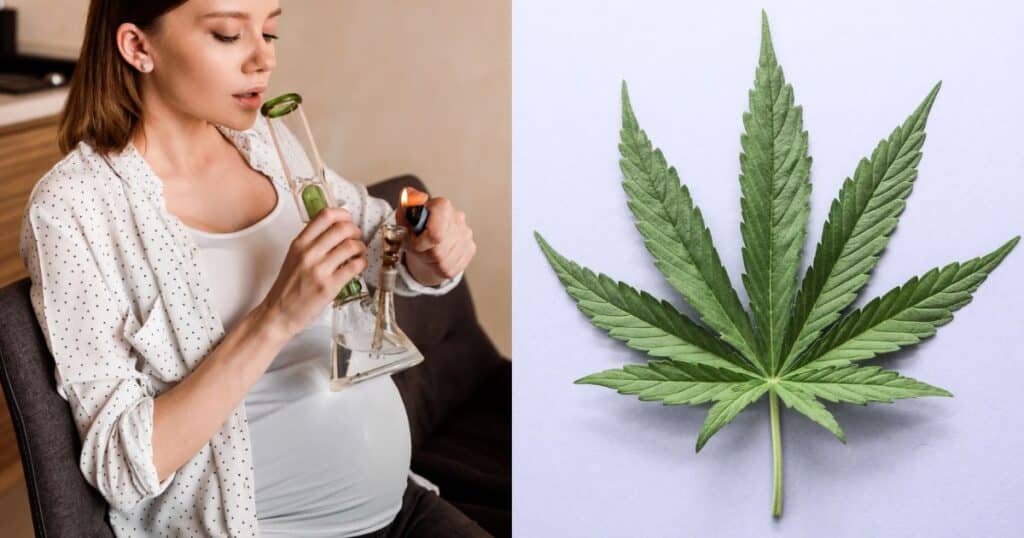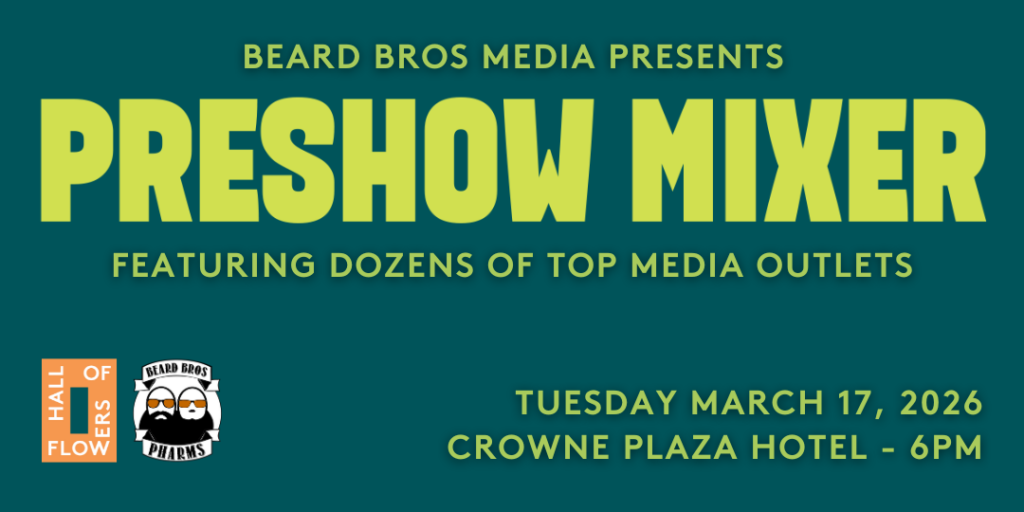As societal perceptions of cannabis shift, there’s been growing concern about its effects on prenatal development. Many parents-to-be are curious about whether consuming cannabis during pregnancy could impact their child’s health and development.
Two recent studies published in JAMA Network provide new insights into this topic, specifically addressing concerns about developmental disorders and autism spectrum disorder in children born to mothers who used cannabis in early pregnancy.
For many, the debate over cannabis use during pregnancy is clouded by conflicting information. These recent studies, however, offer a clearer picture. Researchers analyzed data from a large cohort of pregnancies to determine if any developmental risks existed.
Contrary to some earlier studies that suggested potential developmental challenges, these new findings indicate no significant link between prenatal cannabis use and early childhood developmental disorders or autism spectrum disorder (ASD).
Prenatal Cannabis Use Studies in Focus
The two studies looked at a combined total of 298,924 pregnancies, making them some of the most extensive investigations into prenatal cannabis exposure to date. Conducted by researchers from Kaiser Permanente Northern California, these studies examined cases where mothers either self-reported cannabis use or tested positive for THC during early prenatal care.
The width of this research allows for an extensive understanding of prenatal cannabis exposure and its non-association with developmental delays or ASD, offering valuable data that contrasts with some earlier, smaller-scale studies.
Findings on Developmental Delays
One of the studies focused on early childhood developmental milestones. Researchers looked at various developmental disorders, including speech and language delays, motor skills challenges, and other global developmental issues. The findings were clear—prenatal cannabis use was not linked to increased risks in these areas up to the age of five.
“Our study on developmental delays is the first to examine clinical diagnoses of speech and language disorders, motor delays, and global developmental delays and we looked up to age 5, longer than other studies have done,” said lead author Lyndsay Avalos, PhD, MPH, a research scientist with the Kaiser Permanente Division of Research (DOR).
This study marks a significant step in understanding the potential impacts of prenatal cannabis exposure, providing a basis for future research while also setting a precedent for how such studies can be structured.
Findings on Autism Spectrum Disorder
The second study specifically targeted the potential risk of ASD. By analyzing a vast pool of data, researchers found no meaningful connection between maternal cannabis use during early pregnancy and the development of ASD in children. Such findings help alleviate some of the fears surrounding prenatal cannabis exposure and autism, offering a more nuanced view backed by robust statistical analysis.
The findings from both studies could be helpful to pediatricians, said co-author Meghan Davignon, MD, a developmental pediatrician with The Permanente Medical Group and KPNC’s regional medical director of pediatric developmental disabilities. “If the studies found children exposed to marijuana were at higher risk for developmental delays or autism, we might want to monitor these patients more closely,” she said. “But these findings suggest that currently recommended universal screening practices may be adequate.”
Beyond the Headlines
While these studies offer reassuring news, they also highlight the critical need for ongoing research. The lack of association with developmental disorders and ASD does not establish cannabis as safe during pregnancy, particularly with regular or heavy use. It’s important to note that these findings do not contradict existing recommendations from organizations which advise against cannabis use during pregnancy due to other potential risks.
A noteworthy aspect of these studies is their emphasis on “negative” or null findings, which are often less publicized. Reporting such results is essential because it allows healthcare resources to be allocated more effectively, focusing on genuine risk areas rather than perpetuating unfounded concerns.
This approach highlights a balanced method of medical research, where both positive and negative findings help shape a comprehensive understanding of complex health issues.
Another strength of these studies is the use of recent data, reflecting modern cannabis consumption patterns and laws. Unlike older studies based on data from the 1970s, a time when there was no legal cannabis, these analyses account for the contemporary strength and composition of cannabis products, offering a more relevant insight into current prenatal health practices.
For Healthcare Providers and Parents
For expecting parents, these studies provide a clearer picture of the potential impacts of cannabis use during pregnancy. While not condoning use, they alleviate specific fears regarding developmental delays and autism, allowing parents to focus on other aspects of prenatal care.
It remains essential for parents to have open discussions with their healthcare providers about any substance use during pregnancy. Such conversations can ensure that both parents and children receive the best possible care and guidance.
For healthcare providers, these findings offer a foundation for refining prenatal care practices. By understanding the nuances of prenatal cannabis use and its potential effects, healthcare professionals can better advise their patients and allocate resources effectively.
This research also supports the need for universal screening practices that are already in place, suggesting that such measures are adequate in monitoring children’s developmental progress.
Continuing Research and Education on Prenatal Cannabis Use
The studies mentioned above lay the groundwork for further investigation into prenatal cannabis exposure. Future research may explore the impacts of cannabis use later in pregnancy or its effects on other health outcomes as children age.
Continued research will be vital in providing comprehensive guidance to expectant parents and helping healthcare providers tailor their advice and resources to meet the most pressing needs.
Ultimately, knowledge is power. By staying informed about the latest research and understanding the implications of substance use during pregnancy, parents can make well-considered decisions that prioritize the health and well-being of their children.





















